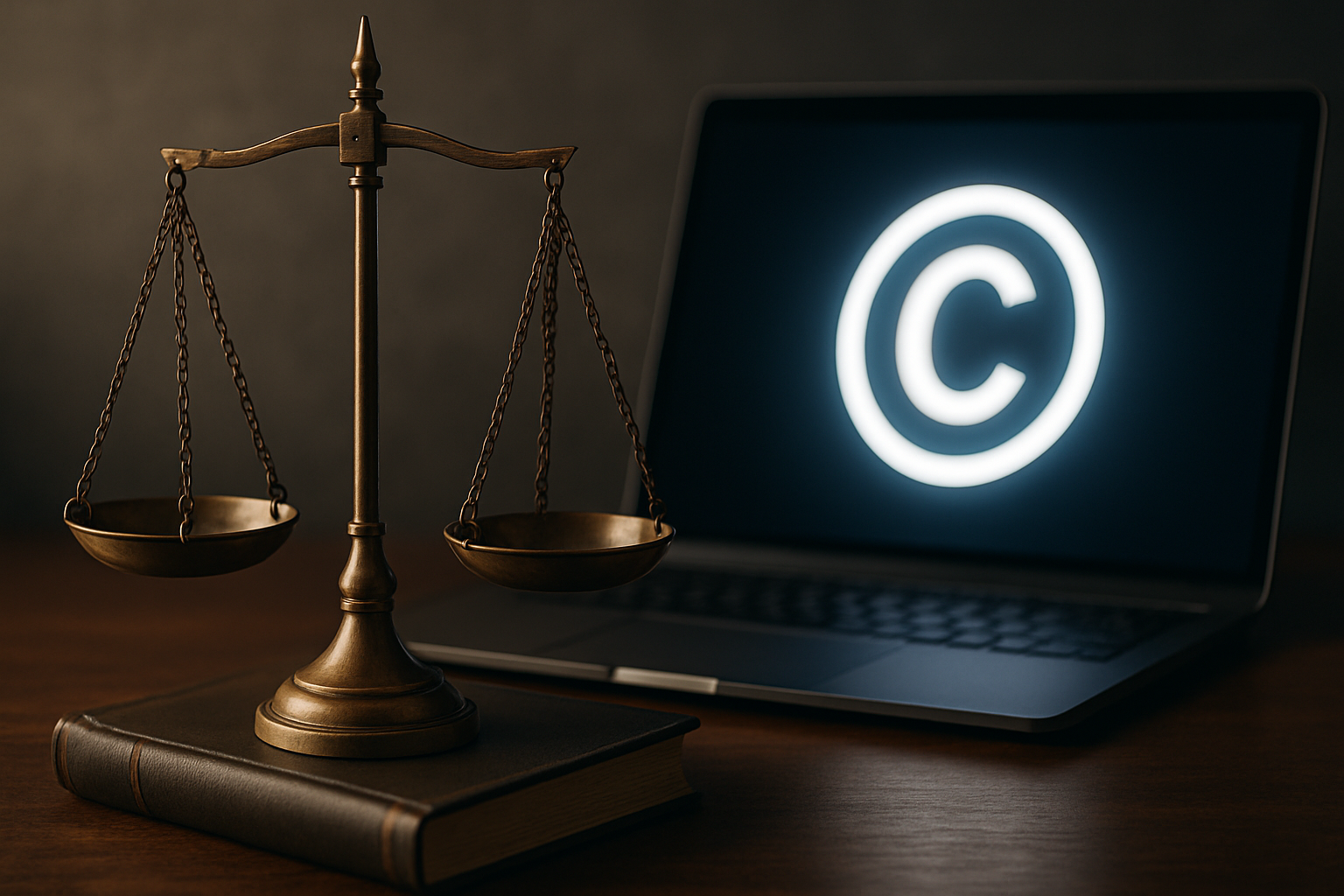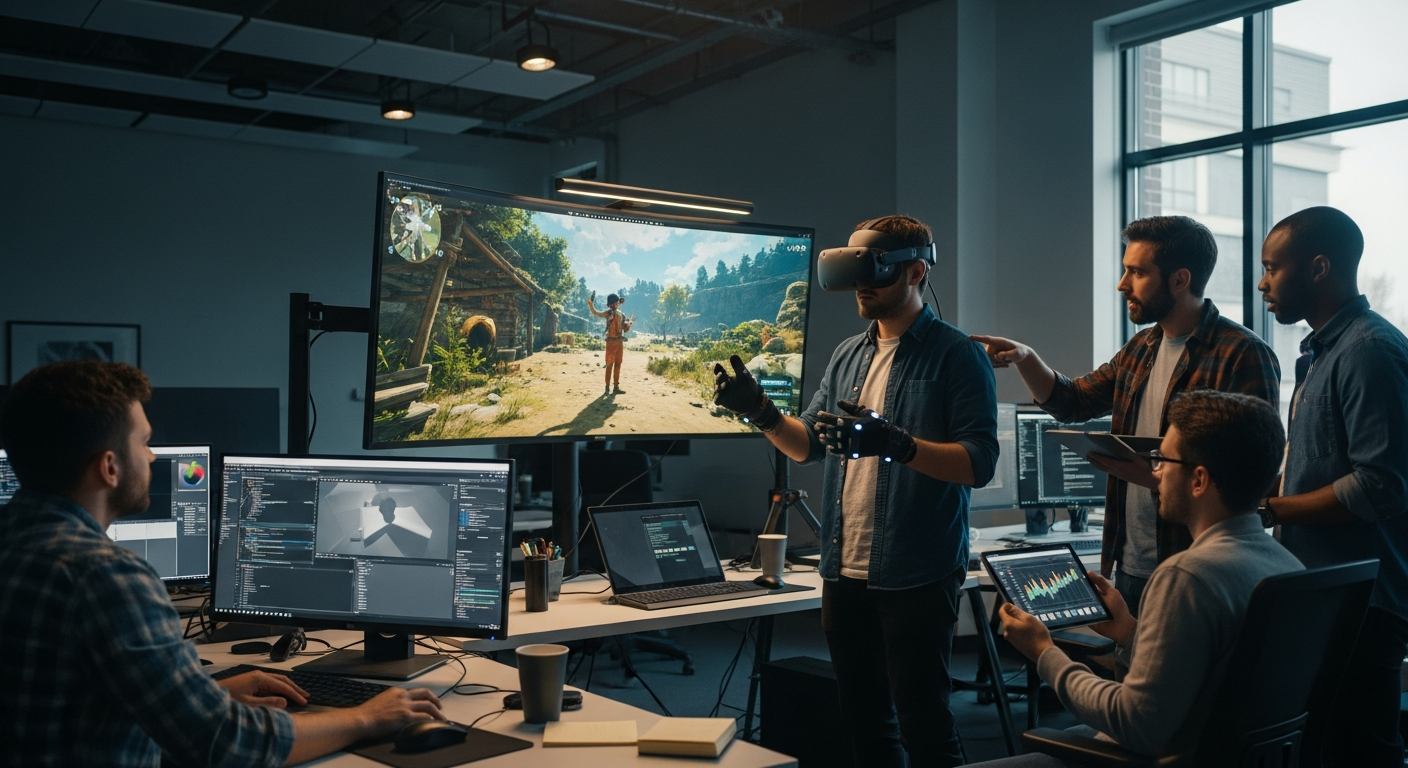Decoding the Legal Landscape of Artificial Intelligence
Artificial intelligence is reshaping our world, but its rapid evolution poses unprecedented legal challenges. From liability concerns to intellectual property rights, the intersection of AI and law is complex and ever-changing. This article explores the current legal framework surrounding AI, emerging issues, and potential future regulations that could shape the development and deployment of this transformative technology.

Historical Context and Key Developments
The legal treatment of AI has evolved significantly since the term was first coined in the 1950s. Initially, AI was viewed primarily as a tool, with legal focus centered on patent and copyright protections for AI software. As AI systems became more sophisticated, questions of liability began to emerge. The 1990s saw landmark cases addressing AI’s role in medical diagnoses and financial trading, setting early precedents for AI accountability.
Current Legal Framework
Today, the legal landscape surrounding AI remains fragmented. While some jurisdictions have begun to implement AI-specific regulations, most rely on adapting existing laws to address AI-related issues. In the United States, for example, product liability laws are being applied to cases involving autonomous vehicles, while copyright law is being stretched to cover AI-generated content. The European Union has taken a more proactive approach with its proposed AI Act, which aims to create a comprehensive regulatory framework for AI systems.
Emerging Legal Challenges
As AI technology continues to advance, new legal challenges are emerging. One critical area is algorithmic bias and discrimination. AI systems trained on historical data may perpetuate or even amplify existing societal biases, raising questions of legal liability and equal protection under the law. Another pressing issue is the use of AI in decision-making processes, particularly in areas like criminal justice, lending, and employment. Courts are beginning to grapple with questions of due process and transparency when AI systems are involved in consequential decisions.
Intellectual Property in the Age of AI
The realm of intellectual property law is being particularly disrupted by AI. Traditional concepts of authorship and inventorship are being challenged as AI systems create increasingly sophisticated works of art, music, and even patentable inventions. Courts and patent offices worldwide are wrestling with questions such as whether AI can be listed as an inventor on a patent application or whether AI-generated works are eligible for copyright protection. These decisions will have far-reaching implications for innovation and creativity in the AI era.
AI and Privacy Law
The intersection of AI and privacy law is another area of significant legal development. AI’s ability to process vast amounts of personal data raises concerns about data protection and individual privacy rights. Regulations like the EU’s General Data Protection Regulation (GDPR) have begun to address some of these issues, but many questions remain. For instance, how should the right to explanation be implemented when AI systems make decisions affecting individuals? And how can meaningful consent be obtained for AI systems that continuously learn and evolve?
The Future of AI Regulation
As AI technology continues to advance, it’s clear that more comprehensive and nuanced legal frameworks will be necessary. Many experts advocate for a risk-based approach to AI regulation, with stricter rules for high-risk applications like healthcare and criminal justice. Others argue for the development of international AI governance standards to ensure consistency across jurisdictions. Whatever form future regulations take, they will need to balance the need for innovation with the protection of individual rights and societal values.
Conclusion
The legal landscape surrounding artificial intelligence is complex and rapidly evolving. As AI systems become increasingly integrated into our daily lives, legal frameworks must adapt to address new challenges while fostering innovation. The coming years will likely see significant developments in AI law, shaping the future of this transformative technology. For legal professionals, policymakers, and technologists alike, staying informed about these developments will be crucial in navigating the AI-driven future.





